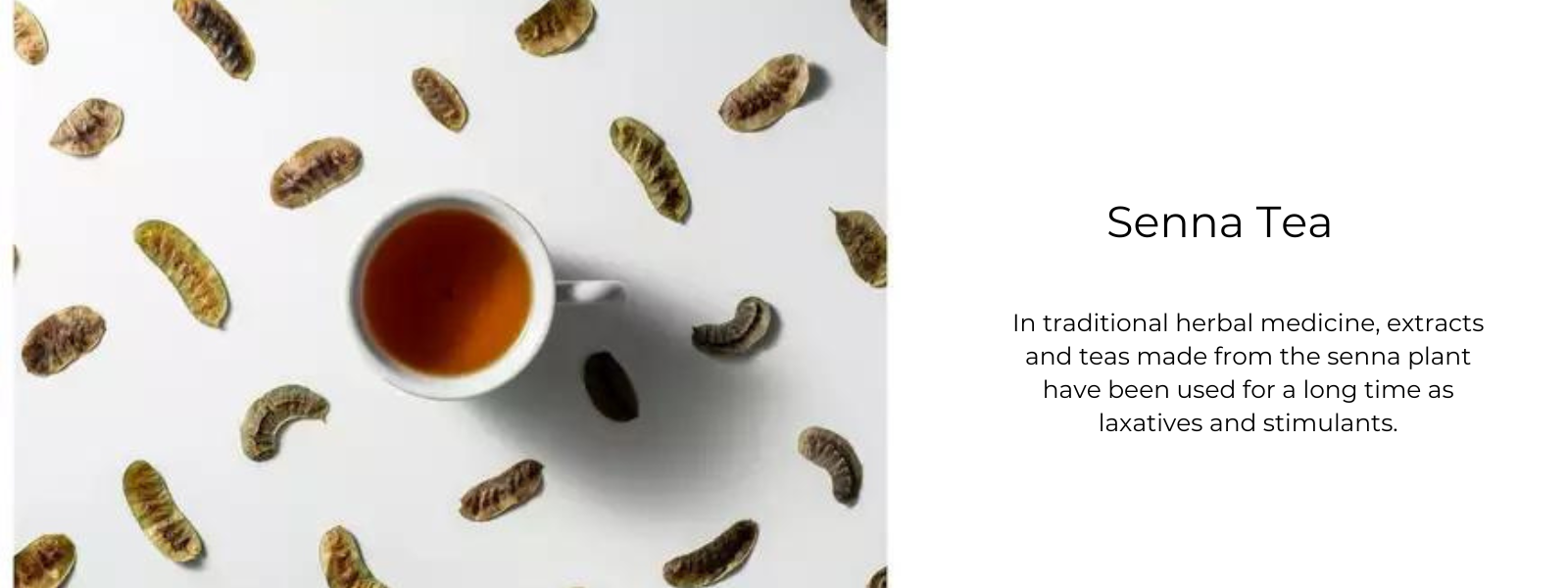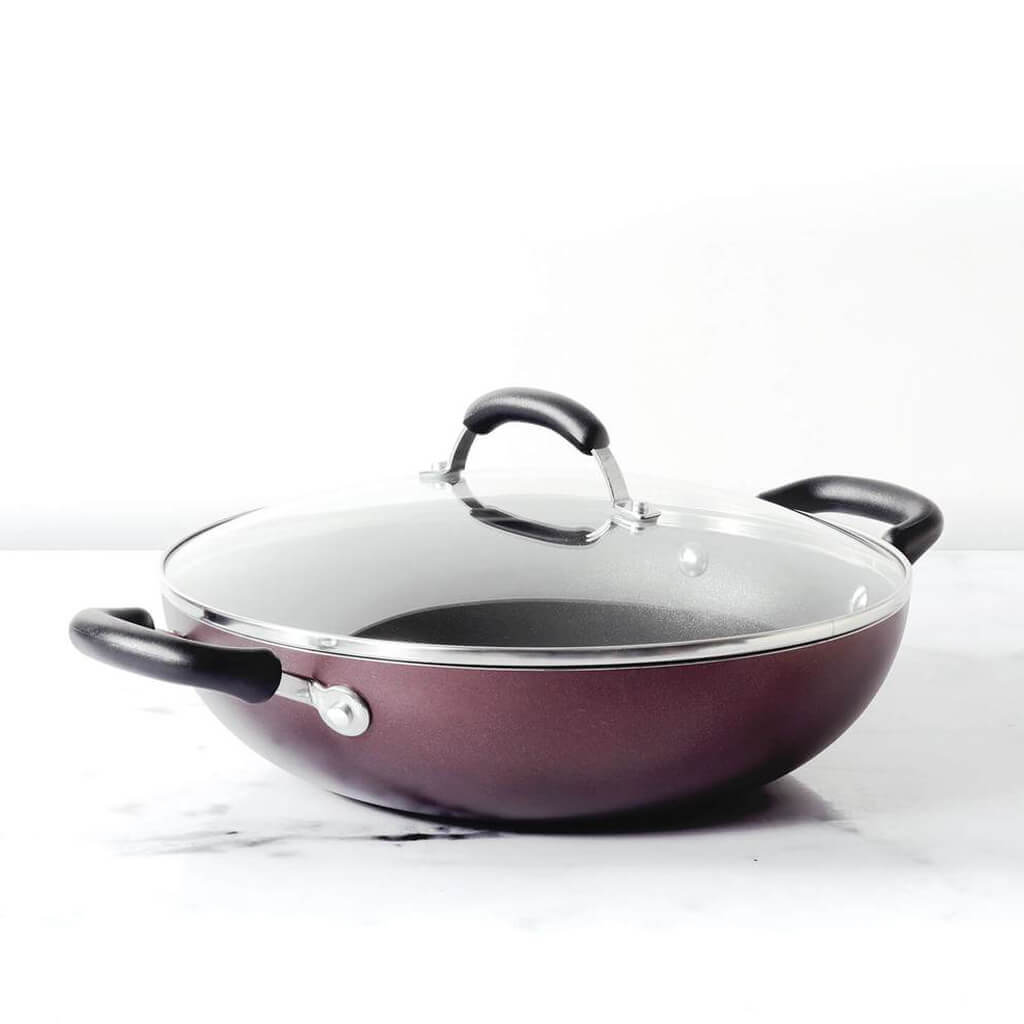Mullein has existed for a very long time. The mullein flowering plant's leaves are used to make this herbal tea, which contains no caffeine. Experts claim that it is a therapeutic tea with many health advantages. Its leaves and blooms have traditionally been used to treat a variety of ailments, including cough and other respiratory problems. There are tablets, elixirs, tinctures, and teas to choose from. With few adverse effects observed, it is typically considered to be safe.
Table of Contents
Heath benefits:
Assistance with Breathing Issues:
Mullein is suggested by naturopaths, herbalists, and other medical professionals for:
- Common Cold
- Cough
- Asthma
- Bronchitis
- COPD
Mullein is an expectorant, which means it helps the body get rid of excess mucus. Typically, it does this by encouraging coughing to be more effective in bringing up mucus that may be gathering in the throat or in the chest.
It might be particularly helpful for treating asthma, which makes your airways swell and causes symptoms like coughing, wheezing, and shortness of breath.
It also acts as a demulcent. Studies have shown that demulcents coat mucous membranes with a comforting, anti-inflammatory layer. Mucilage content in demulcents is higher than in other plants. This sticky material, which is produced in little amounts by all plants and soothes the mucous membranes, is present in all plants.
Other respiratory conditions like pneumonia, tonsillitis, bronchitis, and tuberculosis are also treated with the plant's blooms and leaves.
Both of these characteristics make it effective at relieving irritation of the lungs, throat, and bronchial airways, which can cause breathing problems.
Battling Virus Infections:
Some studies have revealed that mullein may possess powerful antiviral properties. According to one study, it is very effective against the influenza virus. Others have proposed that it might be advantageous in the fight against a herpes virus strain. However, to confirm its usefulness, additional research is required.
Contains Antimicrobial Qualities/Treatment for Ear Infections:
Mullein tea might also have antimicrobial properties.Mullein extract inhibited a number of bacterial strains, including Bacillus cereus, which is frequently found in soil and food. Because mullein has some antibacterial properties, it can be useful in treating middle ear infections in children.
Improved Sleep:
Your sleep cycle can be improved by two cups each day. It relieves sleep issues and functions as a natural sedative, according to experts.
Improved digestion:
Experts claim that drinking this tea after a meal not only improves digestion but also relieves diarrhoea and constipation.
Favourably affects the skin:
Its anti-inflammatory effects shield the skin from injury and speed the recovery of blisters, cuts, and tiny wounds.
Side Effects:
With little chance of negative consequences, the majority of people can safely have mullein tea. However, some people may have skin irritation from the mullein plant, so use caution if you're handling the herb directly.
This tea should be carefully strained before consumption because the plant's small hairs can irritate your throat. There hasn't been any research done to determine the effects of Mullein Tea on pregnant or breastfeeding mothers. So it always advisable to consult your doctor before consuming it.
How to make it:
Mullein tea bags, extracts, capsules, tinctures, and dried leaves are all readily available in numerous health stores and online.
Additionally, a lot of individuals cultivate mullein in their gardens and dry the leaves themselves.
Adding a tiny handful of dried leaves to an 8-ounce (240 ml) cup of boiling water and letting them steep for 15 to 30 minutes is all that is required to create tea with them. Use a cheesecloth or strainer to get rid of as many leaves as you can to avoid irritating your throat.
Raw honey, cinnamon, or a wedge of lemon can all be included at your discretion.










Leave a comment